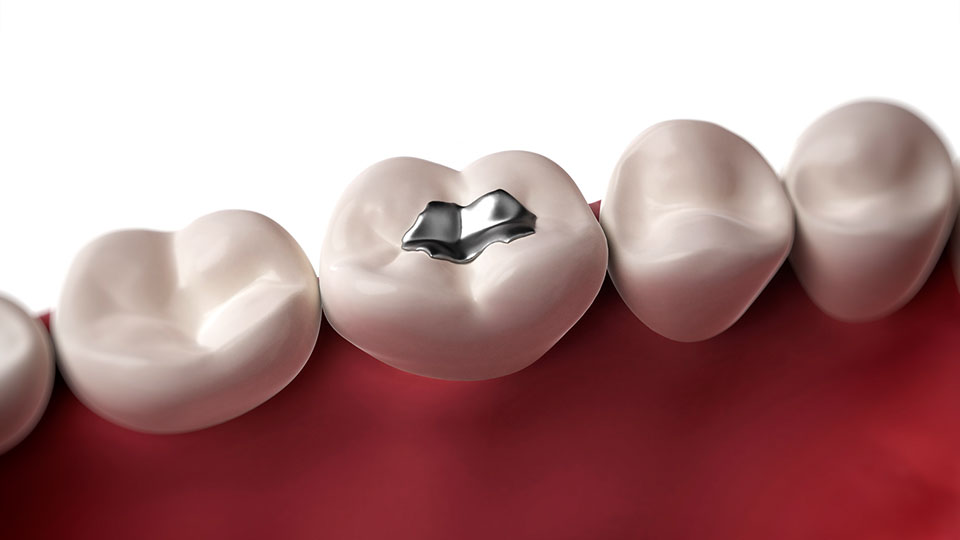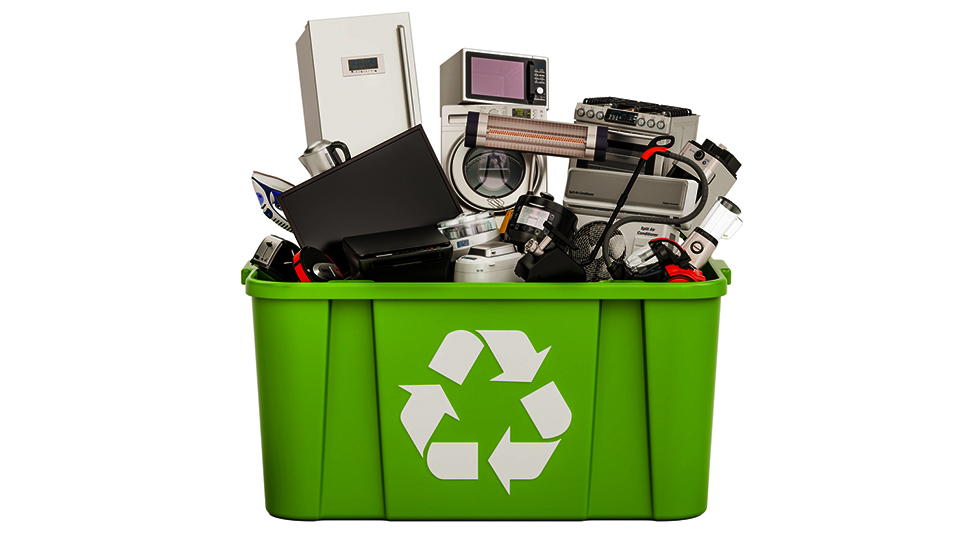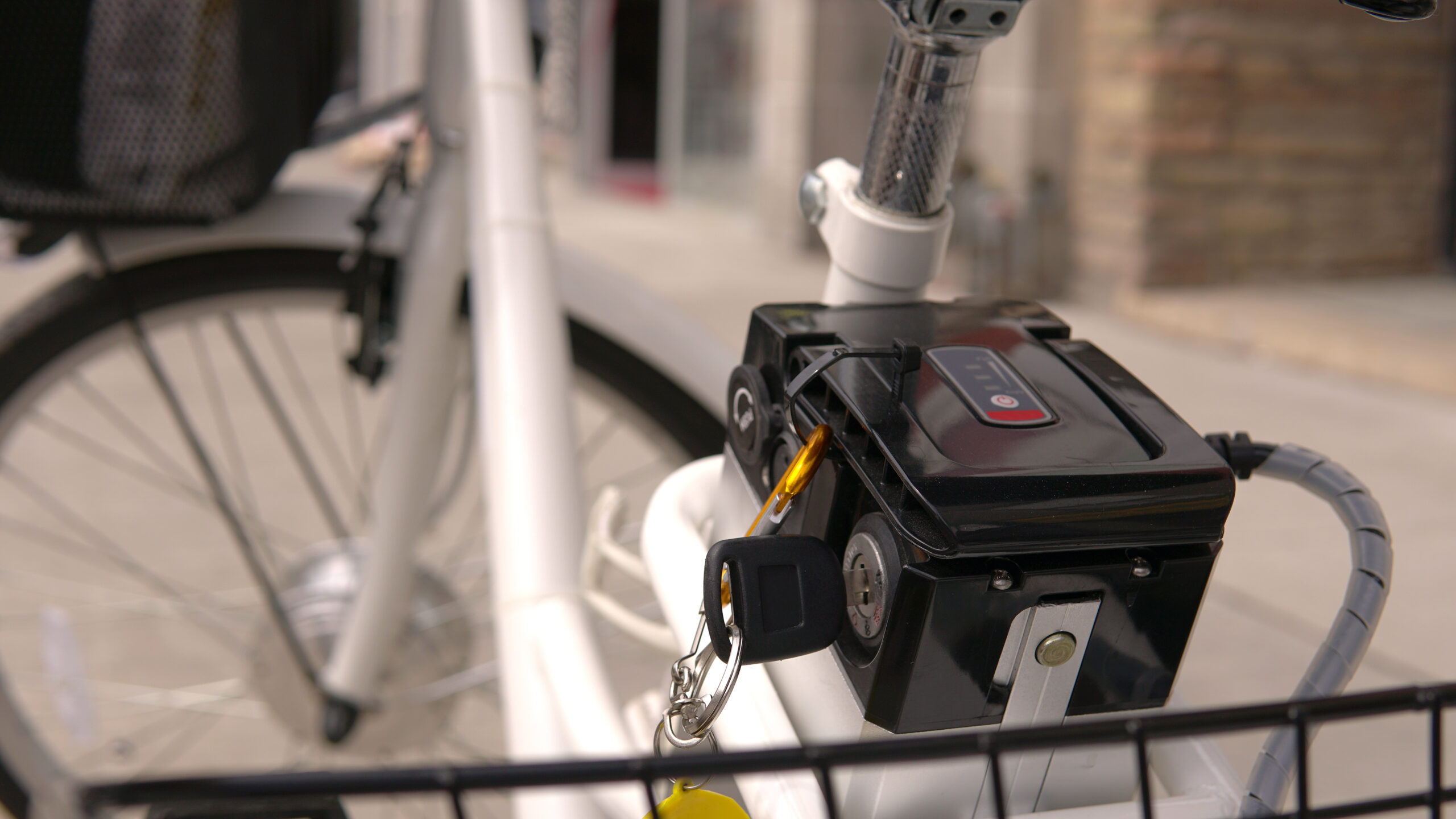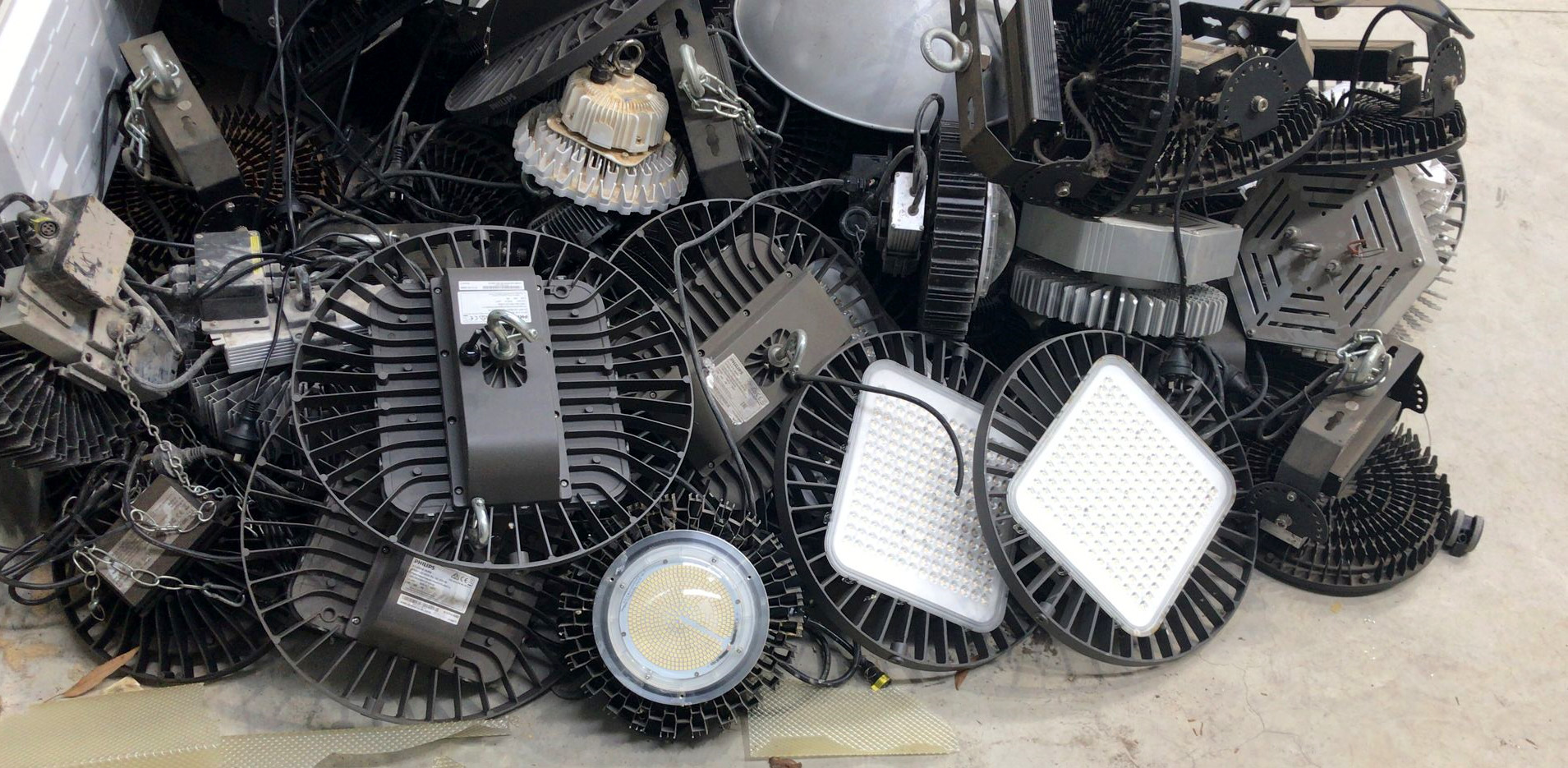We all know that recycling is important because it means we recover valuable resources for reuse. This reduces the need to mine new materials and lowers pressure on the environment. But when things are recycled, it isn’t just the materials that are recovered, but also a lot of the energy that goes into making them. This is usually referred to as embodied energy, and the benefits flow when those recovered materials are turned into new products.
Aluminium is a good example. It takes a huge amount of energy to make it in the first place, but a lot less energy to recycle it – just 5-10% of the original energy requirement. Big energy savings are obtained with other metals too.
The figures aren’t quite as good for glass. The temperatures required to make new glass are higher than those required to recycle it, but glass still has a high melting temperature. Even so, recycled glass still offers a useful 20% energy saving compared with virgin product.
Plastic is interesting. In most cases, it takes quite a bit of energy to make new plastic, but with a low melting temperature there are big energy savings to be made in recycling it. Some studies reveal that two to three tonnes of carbon emissions can be avoided for each tonne of plastic that is recycled.
E-waste is a key area where large amounts of embodied energy can be recovered. It’s a mixed waste stream, but in a typical desktop computer box, the steel casing makes up around 73% by weight, the hard disk about 7% (lots of aluminium) and the power supply 11% (mostly steel and copper). That constitutes a lot of highly recyclable metals. On top of that there are precious metals that can be recovered from the CPU and RAM, although these only make up about 1% of the computer’s weight.
So recycling provides a double benefit and makes the effort of taking your old equipment to the recycling centre just that little bit more worthwhile.
Get Your E-Waste Recycled The Easy Way
It’s easy to recycle your e-waste, call one of our e waste specialists on 1300 32 62 92, or fill out the form below and we’ll get in touch with you.






